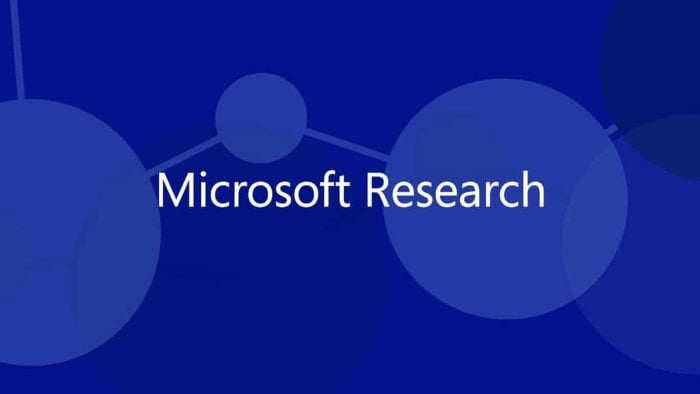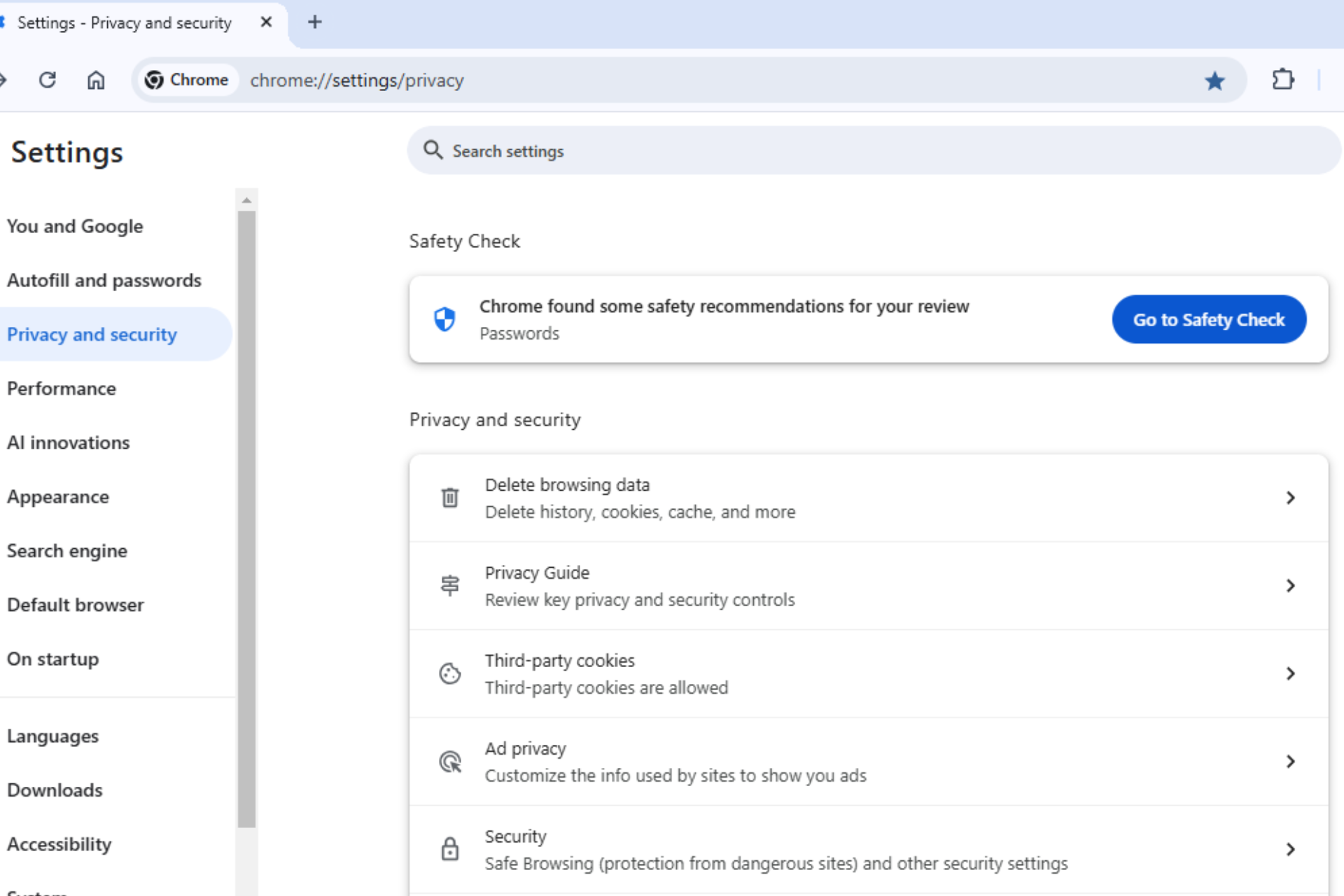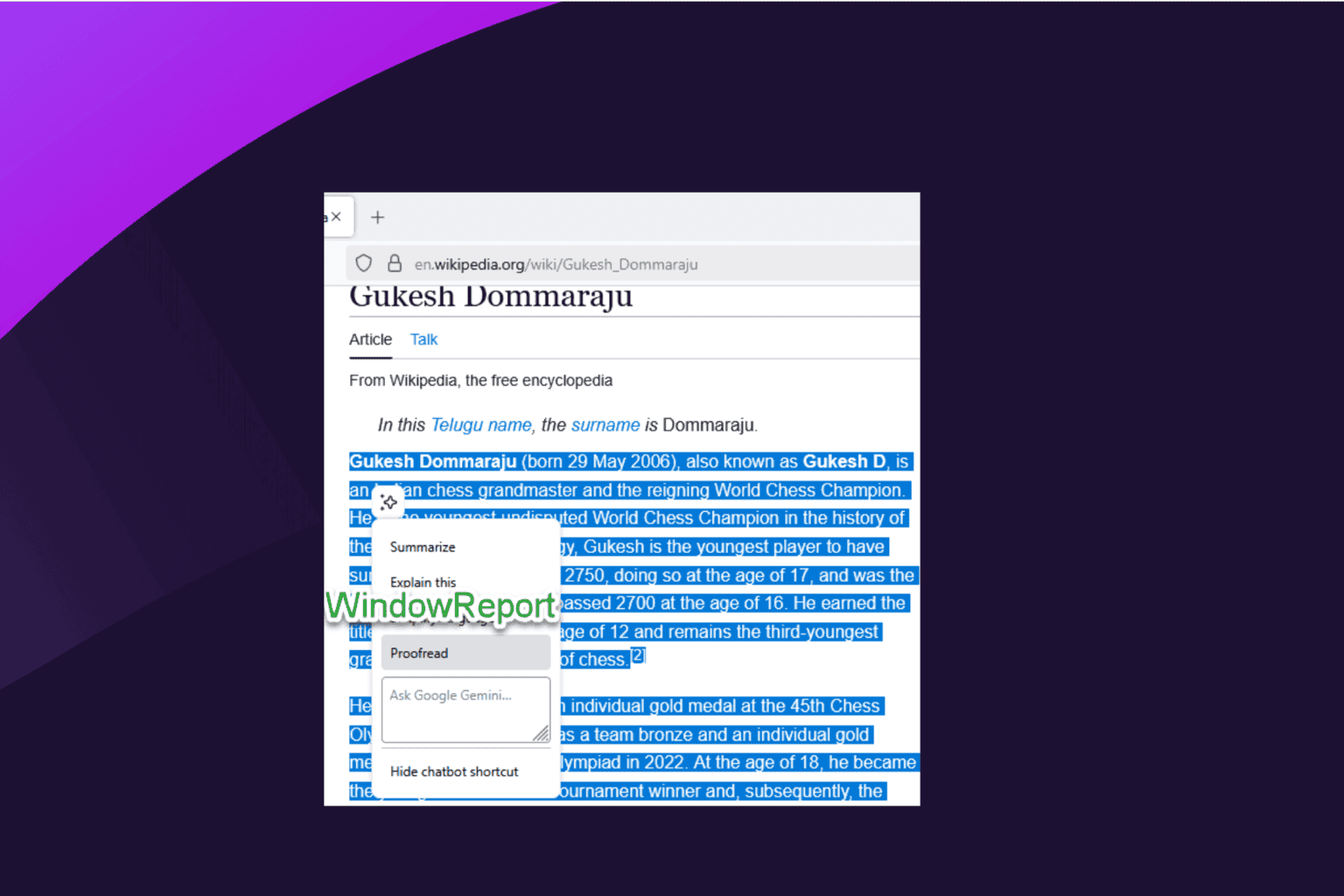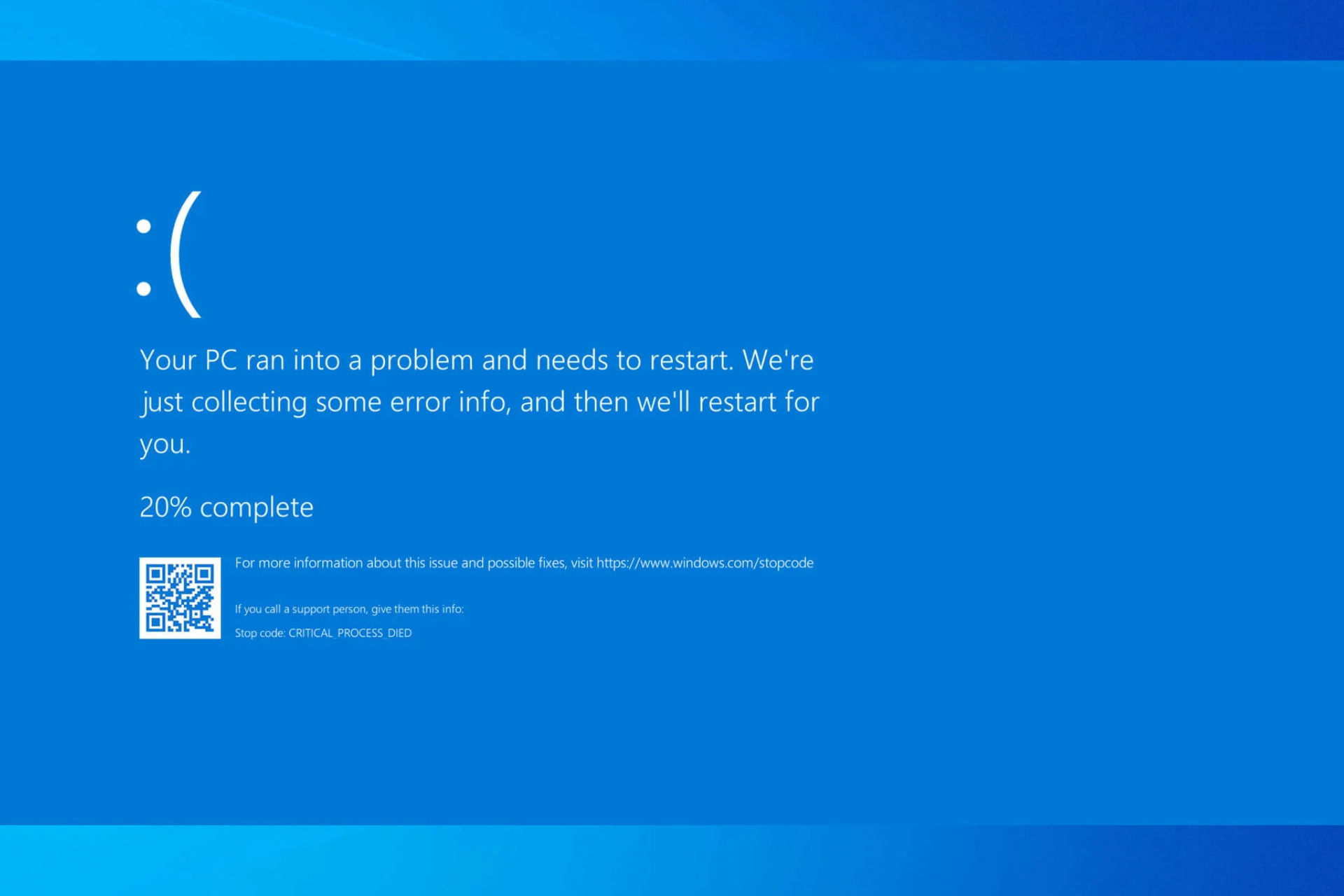Microsoft Research is looking at DNA for storing your data
2 min. read
Published on
Read our disclosure page to find out how can you help Windows Report sustain the editorial team. Read more

The amount of digital data is quickly surpassing the available storage limits that our current technology can hold. The capacity of data storage can reach up to 16 zettabytes or higher in the upcoming year. With an ever-growing need for more and more baby pictures, cat gifs, and memes, Microsoft has turned its attention to producing a long-term solution through DNA.
The Molecular Information Systems Lab (MISL) at University of Washington has been funded by Microsoft to explore the potential data storage in high-density DNA strings. The publication collaborated by Microsoft Research and UW goes into further technical details presenting the architecture of an archival DNA storage system. “We think the time is ripe to consider DNA-based storage seriously and explore system designs and architectural implications.”

DNA storage has proven to be a durable archival option with up to 1 exabyte per cubic millimeter and a half-life of over 500 years. The team at MISL was able to develop a technique that fits all that digital data into the size of a single sugar cube. In comparison, Facebook recently built an entire data super center dedicated to 1 exabyte of cold storage two years ago in Prineville, Oregon.
Although the synthesizing of data into DNA has a long life, it is not considered practical. In an article from UW, they go into detail about the barriers to bringing the studies to reality. “Currently, the largest barrier to viable DNA storage is the cost and efficiency with which DNA can be synthesized (or manufactured) and sequenced (or read) on a large scale.” Meaning that the data stored would take longer to process through the DNA strings going in and out; that doesn’t mean that it will deter them from continuing to research.
In time, Microsoft hopes that the advances in hybrid silicon and biochemical systems will make DNA storage a sincere consideration when it comes to storing a vast amount of the world’s data in the most secure storage option to date.








User forum
0 messages